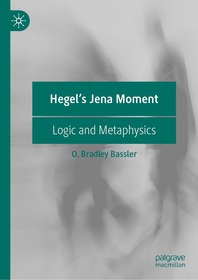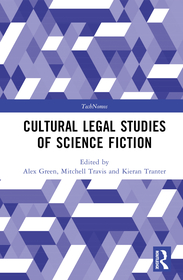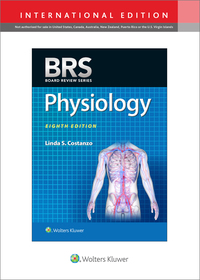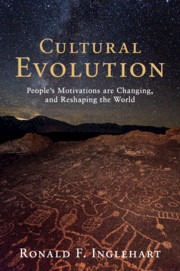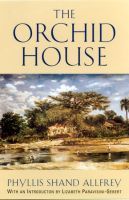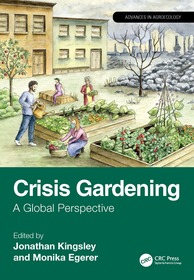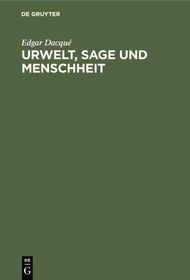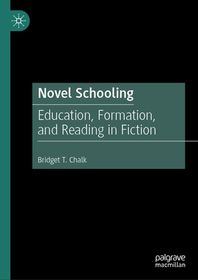
Novel Schooling
Education, Formation, and Reading in Fiction
- Publisher's listprice EUR 139.09
-
57 687 Ft (54 940 Ft + 5% VAT)
The price is estimated because at the time of ordering we do not know what conversion rates will apply to HUF / product currency when the book arrives. In case HUF is weaker, the price increases slightly, in case HUF is stronger, the price goes lower slightly.
- Discount 12% (cc. 6 922 Ft off)
- Discounted price 50 765 Ft (48 347 Ft + 5% VAT)
Subcribe now and take benefit of a favourable price.
Subscribe
57 687 Ft

Availability
printed on demand
Why don't you give exact delivery time?
Delivery time is estimated on our previous experiences. We give estimations only, because we order from outside Hungary, and the delivery time mainly depends on how quickly the publisher supplies the book. Faster or slower deliveries both happen, but we do our best to supply as quickly as possible.
Product details:
- Edition number 2024
- Publisher Springer Nature Switzerland
- Date of Publication 28 August 2024
- Number of Volumes 1 pieces, Book
- ISBN 9783031668579
- Binding Hardback
- No. of pages228 pages
- Size 210x148 mm
- Language English
- Illustrations XII, 228 p. 1 illus. Illustrations, black & white 591
Categories
Long description:
This book identifies and explores the consistent link between negative depictions of education in novels and claims for the educative effects of reading them. The novel and education are both phenomena that rely fundamentally on development over time: the former in plot and character, and the latter in individual potential. Despite this basic parallel, these forms of development are at odds in many works of fiction that treat education as constrictive and even traumatic to the individual, rather than healthy and formative. Novel Schooling identifies a pervasive pattern in novels from the 19th to 21st centuries: writers ranging from Charles Dickens and D.H. Lawrence to Zadie Smith reject conventional modes of education and propose their own models for shaping the sensibilities of their characters and readers. These works critique institutional education as a point of departure to position reading fiction as a superior form of individual development. Using the new ethics and reader-response theory, this work traces the treatment of education in and through the novel, concluding with fresh assertions of the value of literature in a digital, market-driven world.
MoreTable of Contents:
Chapter 1: Introduction: Education in and through the Novel.- Chapter 2: Reading as “Fancy and Consolation” in David Copperfield.- Chapter 3: D.H. Lawrence, Schoolteachers, and Novel Guidance.- Chapter 4: How to Read in To the Lighthouse.- Chapter 5: Coetzee’s Fictions of Deformation.- Chapter 6: Paying Attention with Zadie Smith.- Chapter 7: Coda: Formation and Disintegration in Ferrante’s My Brilliant Friend.
More



